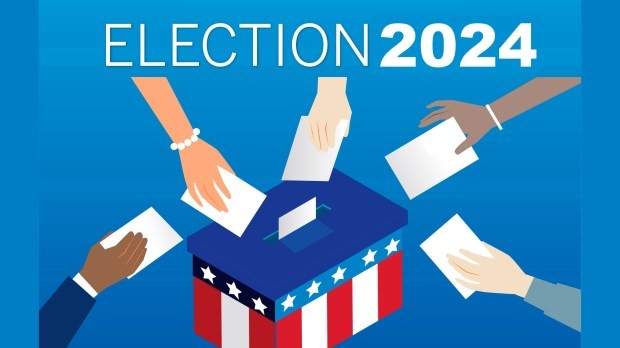
The lack of affordable housing in the DMV and in communities across the nation looms large as a political issue in this election cycle. Several studies this year highlight the frustration and angst in voters’ minds about the housing crisis and the need for solutions.
An Urban Institute report released in July revealed that among Millennials and Gen Zers, who comprise 40% of the US population and a growing share of the electorate, housing affordability is a factor in determining their vote in the upcoming election.
The study found that the wealth gap among the generations is growing because homeownership, a foundation for building wealth, is out of reach for these younger voters. College debt coupled with escalating home prices and higher interest rates make it impossible for many Millennials and Gen Zers to afford a home purchase. Wages have not kept pace with increased rental rates making it hard for people to save for a down payment or qualify for a mortgage. And climate change is also affecting housing affordability.
But it’s not just younger voters who are concerned about housing affordability. A March Redfin Study showed that more than half (53.2%) of US homeowners and renters said that housing affordability would have a significant impact on who they vote for in November.
And politicians are taking notice. The Harris-Waltz campaign is making housing a central issue in their platform that includes
- Asking Congress to pass legislation that would prevent corporate landlords from using price setting tools that lead to significant rent increases in communities across the country.
- Incentivizing home builders to construct 3 million new housing units over the next four years by offering new tax credits for those who build “starter homes.”
- Down payment assistance to working families who have a consistent track record of paying their rent on time for two years.
From our perspective at Washington Housing Conservancy, the fact that politicians are focusing on housing is welcome news. Our housing, monetary and land use policies have not kept pace with the current realities about housing supply, the gap between wage growth and escalating housing prices and the forces eroding our middle class. We need new tools to finance and encourage increasing our housing supply.
The Urban Institute’s recommendations for policy changes include:
- Changing underwriting, especially when it comes to evaluating “creditworthiness” that is rooted in structural racism. These changes would include incentives for more relaxed debt-to-income ratios and reviewing credit scoring through a race conscious lens to make these metrics truly neutral, fair and equitable.
- Decrease the impact of late student loan payments on credit scores.
- Support first-time homebuyers by providing first generation down payment assistance, and tax-free saving accounts for down payments and tax credits.
- Encourage state and local governments to change regulations to allow for more multi-family housing.
At Washington Housing Conservancy, we are contributing to housing affordability solutions by working to preserve housing and stabilize rents in neighborhoods under development pressure so that essential workers and their families don’t have to become rental nomads moving out of the places they have called home, sometimes for generations. With our partner Esusu, we are helping people establish credit through consistent rent payments.
Study after study demonstrates that stable housing with access to high performing schools, employment, green spaces, medical care and healthy foods promotes economic mobility and physical and mental wellbeing.
When voters go to the polls in November, they will be looking for solutions from candidates who put quality rental and for sale homes in high opportunity neighborhoods within the reach of moderate and low-income residents. The time has come.

Preserving housing affordability and promoting economic mobility in the DC-region
The Washington Housing Conservancy is a 501(c)(3) non-profit organization. Your investment helps us expand our work. Your gift is 100% tax-deductible. EIN 83-1866109


Privacy Policy
Terms & Conditions
Get in touch
Follow us
